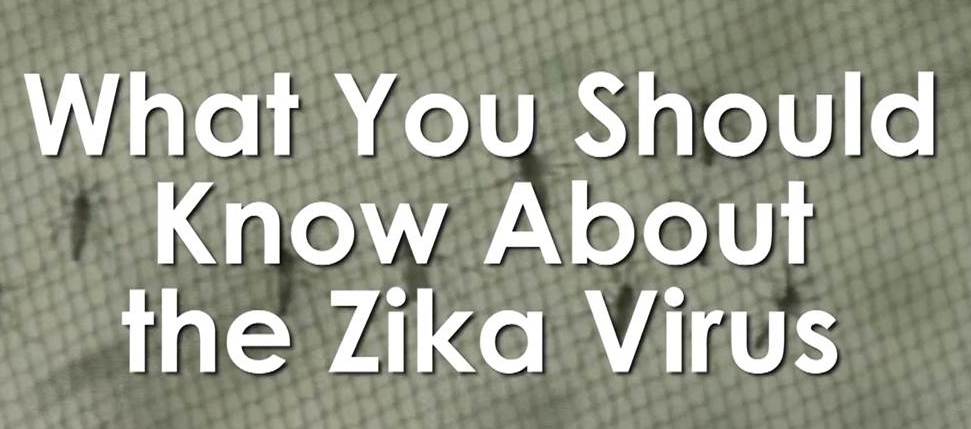Doris Dimmitt, Hospital Epidemiologist at Carson Tahoe Health, shares the latest Zika Virus news, and some helpful tips for protecting yourself and your family.
You could hardly tell by the crazy weather we’ve had this month, but it’s time to start protecting ourselves from mosquitoes by “fighting the bite” again. Unfortunately, species of mosquitoes known to carry malaria, Encephalitis, Dengue fever, Yellow fever, Chikunya, Dog heartworm, and Zika Virus are continuing to move north. And as you know, Zika is the latest mosquito borne illness to make the evening news.
What are the symptoms of Zika Virus?
Most people with the Zika Virus don’t have any symptoms – no fever, nausea, diarrhea, purple spots or hair loss…nothing. In the few patients who do develop symptoms, they are mild; fever, rash, body aches, or conjunctivitis are most common. But severe symptoms are rare. Sadly, Zika Virus makes its presence known by causing life threatening and major disability to newborn babies. They are the ones who suffer with severe symptoms and complications including microcephaly, where the head and brain are much smaller than normal. Babies born with microcephaly generally have severe disability and a much shorter lifespan.
Have any Zika infected mosquitoes been identified in the U.S.? What about Nevada?
So far, no Zika infected mosquitoes have been identified in the U.S. or Nevada. More than 350 cases of Zika have been identified in the U.S., but all involve travel or sexual contact with someone having a recent travel history. As of the 04/19/2016, four cases have been identified in Nevada; one in Washoe County and all involving travel to infected areas or sexual transmission. We know the 2 types of mosquitoes that can carry the virus do live in the United States, and their range extends north as far as New Hampshire and Iowa in the North East and Mid West, including most of Texas, Arizona and New Mexico, and half of California up to and including Lake Tahoe.
Is there a Zika vaccine in the works?
Yes, researchers are currently working on developing a vaccine to protect against the disease. Fortunately, the CDC believes once you are exposed to Zika through the vaccine, you’ll likely develop lifelong immunity.
What else do we know about the Zika Virus?
Here’s a quick summary of what we know right now, but remember this is a very dynamic situation:
- Women who are pregnant or plan on becoming pregnant should avoid areas in the world where Zika virus transmission by mosquito bites is known. The first trimester is the most critical time to prevent the infection, but serious baby complications have been reported throughout pregnancy. Check out www.cdc.gov for current info regarding infected areas.
- Men and women infected with Zika, who become symptomatic, can transmit the virus to sexual partners for up to 6 months.
- Men and women should not plan on getting pregnant for at least 8 weeks after returning from a Zika infected area to make sure no symptoms develop. If either develops symptoms, they should wait 6 months to be safe.
- The virus generally remains in the human body for 1-2 weeks, but more and more is being learned about transmission and how long the virus lives by the minute.
- The best way to protect against ZIKA is the same as West Nile….FIGHT THE BITE. Use insect repellent, wear long sleeve shirts and long pants when outside, avoid peek mosquito feeding times between dusk and dawn, and remember the more water the more mosquitoes. Look around your yard and remove or repair areas with standing water. Mosquito larva love water collected in old tires, flower pots, dog water bowls and untreated ponds.
There is still a lot to be learned about Zika transmission and disease. Remember mosquitoes are relentless, mindless eating machines, but we are much smarter. So, if in Brazil or Texas, remember to take precautionary measures (see #5 above) to help fight the bite.







